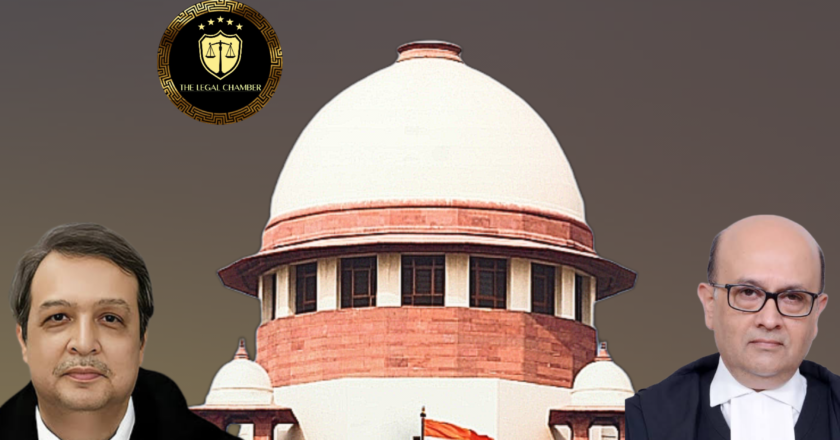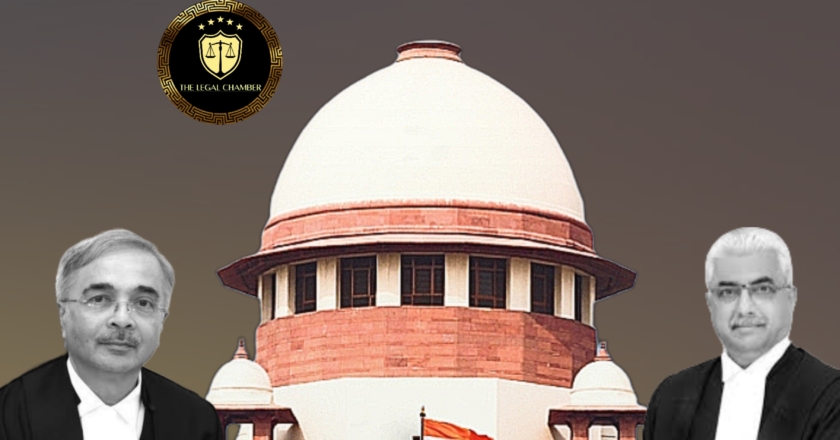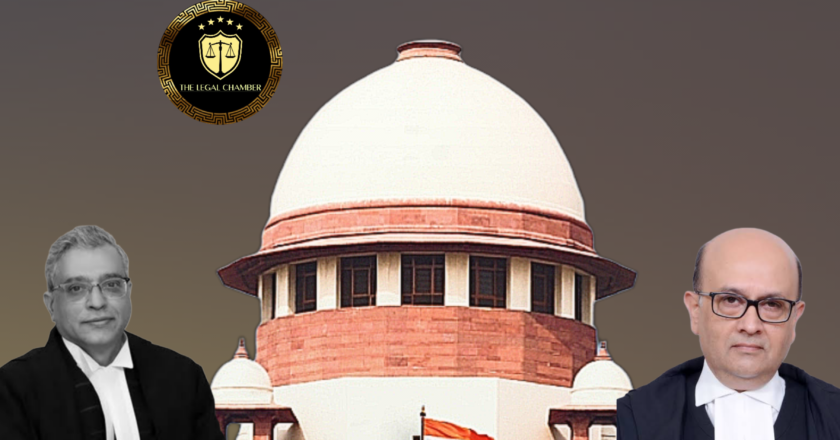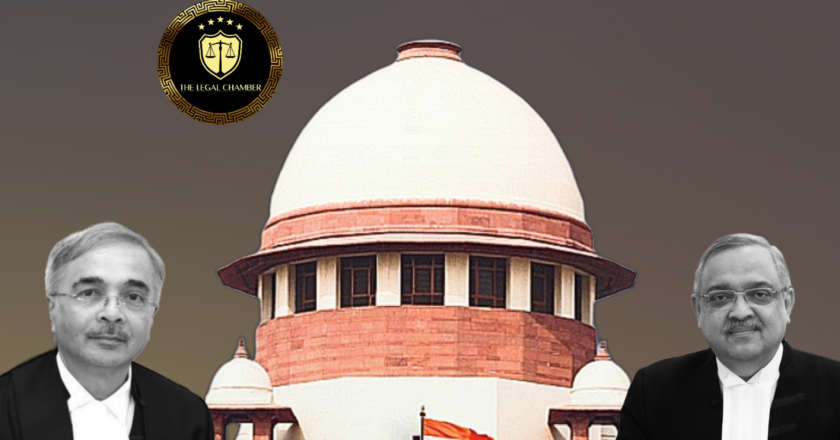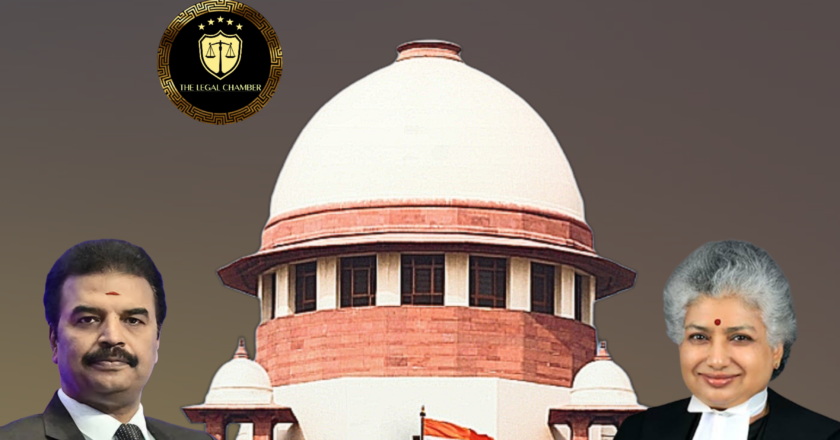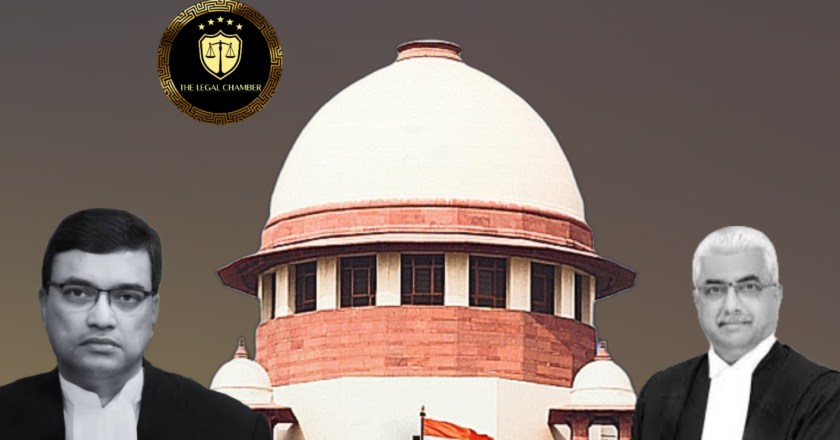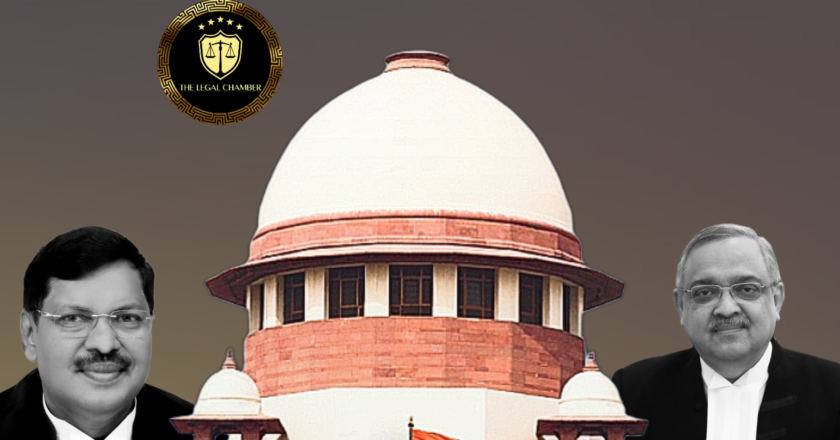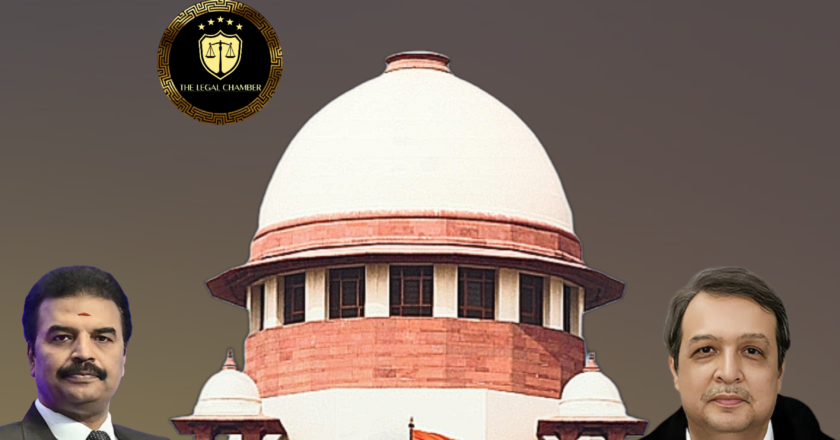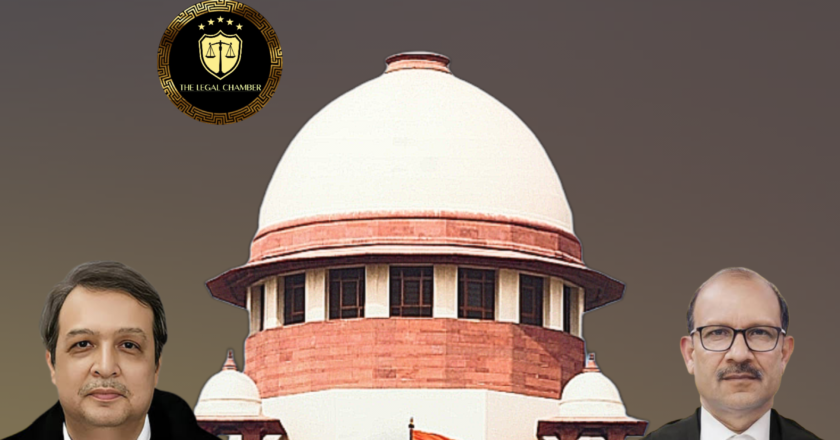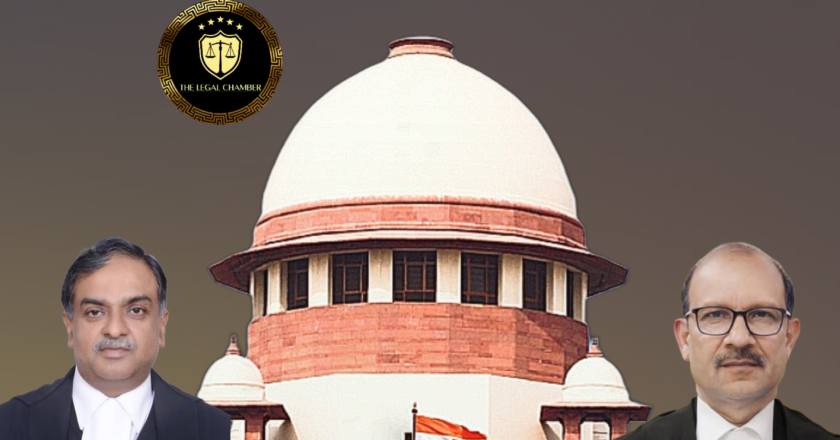Supreme Court Clarifies: Buying Software for Business Is Not ‘Consumer’ Activity
The Supreme Court held that a company purchasing software to automate and streamline its core, profit-generating business operations does so for a "commercial purpose" under Section 2(1)(d) of the Consumer Protection Act, 1986. Consequently, it does not qualify as a "consumer" and cannot maintain a complaint before a consumer forum for alleged deficiency in such services.
Facts Of The Case:
M/s Poly Medicure Ltd., the appellant, is a company engaged in the import and export of medical devices. To implement an export/import documentation system at its plant, it purchased a product license for the "Brillio Opti Suite" software from M/s Brillio Technologies Pvt. Ltd., the respondent. After making the requisite payment, the appellant alleged the software was defective and non-functional. Cla...
